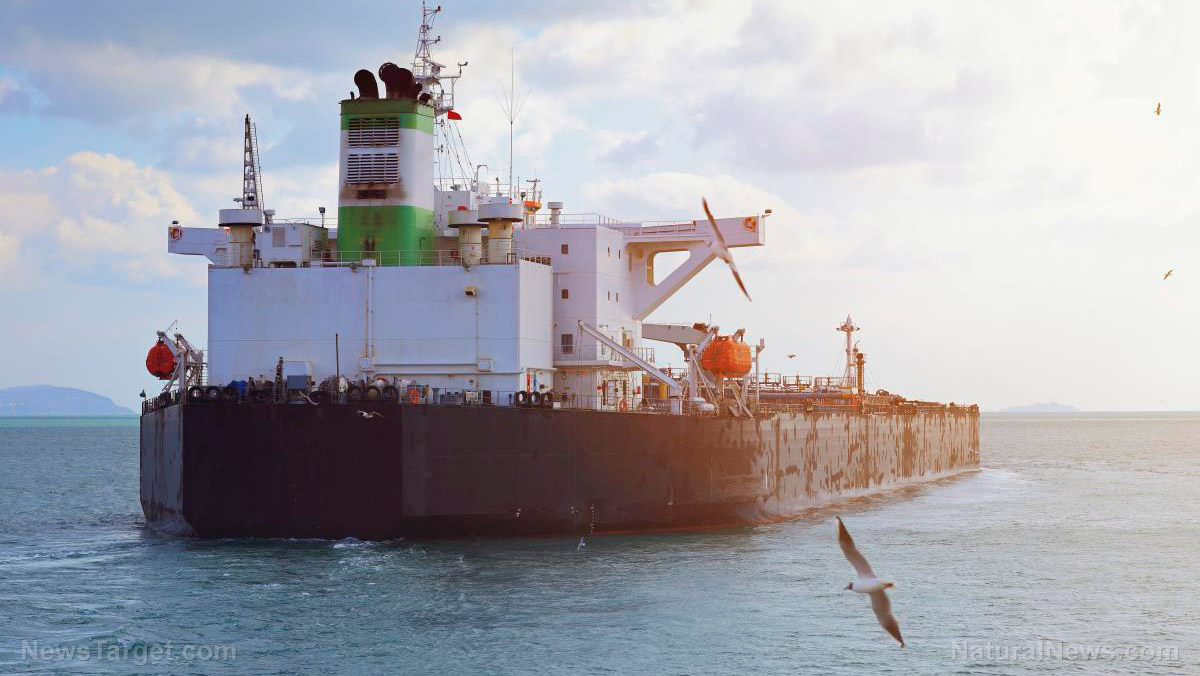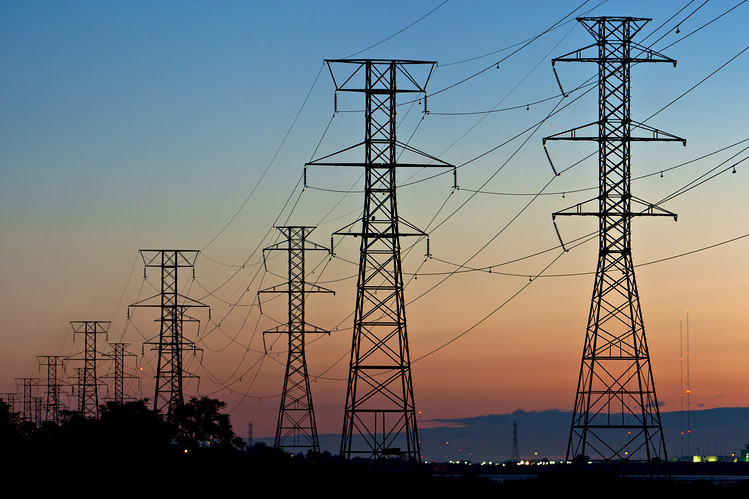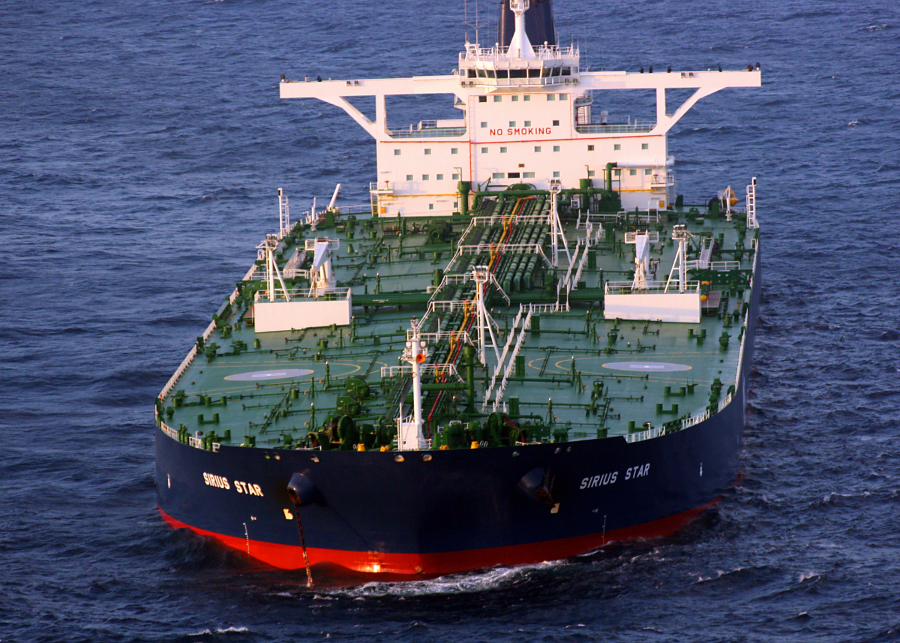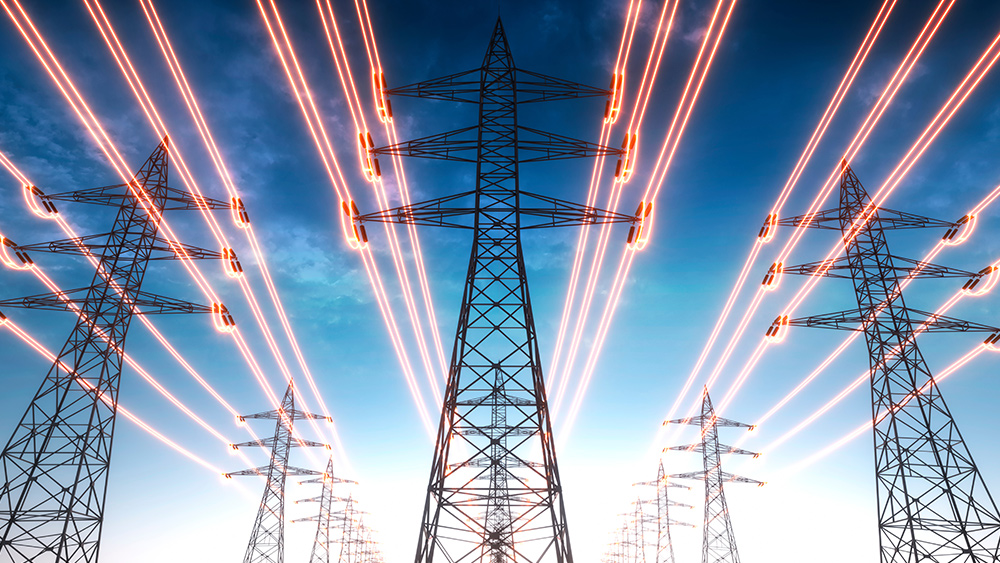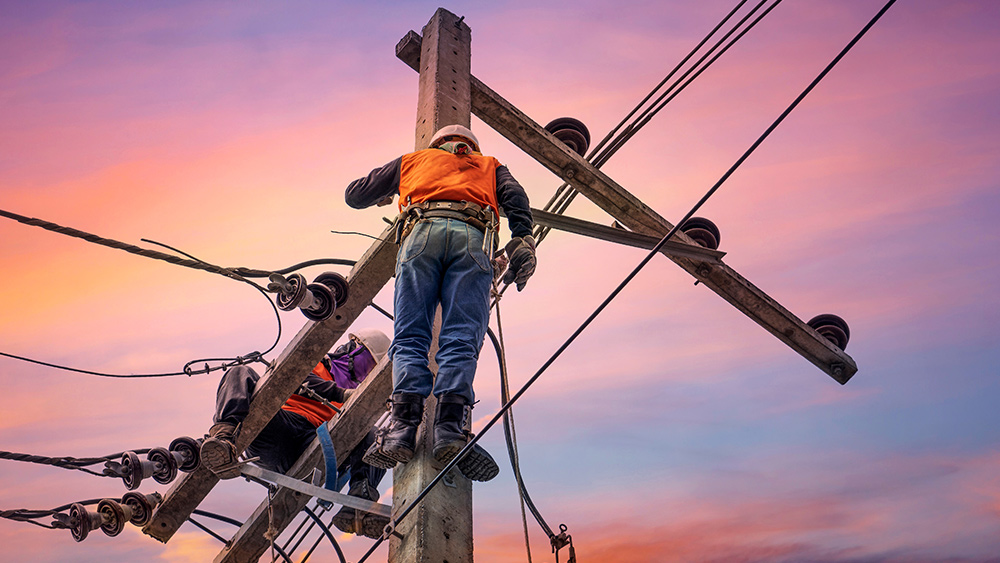Oil price hike incoming: Drones STRIKE two major oil refineries in Russia
06/02/2023 / By Lance D Johnson

Russian officials have confirmed two drone attacks on two different oil refineries in the country. One drone attack caused a fire to break out near the major oil port of Novorossiisk. The attack caused significant damage to the surrounding infrastructure and disrupted operations at the port, which is a key export terminal for Russian crude oil.
While no group has claimed responsibility for the attack, it is believed that the attacks are part of the ongoing tensions between Russia and Ukraine. The incident may also have implications for global oil prices and geopolitical tensions in the region.
Russia’s enemies are using drones to attack its oil refineries
According to Governor Veniamin Kondratyev, the first drone targeted the Afipsky refinery in Russia’s Krasnodar region, which lies 50 miles east of the Black Sea port of Novorossiisk. The fire was put out and there were no casualties. Another drone targeted the Ilsky refinery, which is situated about 40 miles east of Novorossiisk. This attack was largely unsuccessful and did not cause the fire.
The attacks targeted several key facilities, including storage tanks and pipelines, disrupting the smooth flow of crude oil. These acts of terrorism have decreased the amount of oil that is produced and exported from Novorossiisk, which may or may not have a significant impact on Russia’s economy and the rest of the world.
Each year, the Novorossiisk port processes about 6 million tonnes (44 million barrels of oil). Russia’s Novorossiisk and Caspian Pipeline Consortium (CPC) terminal, are responsible for 1.5 percent of the global oil supply.
This is not the first time that Russia’s energy infrastructure has been targeted by drones. The incident highlights the vulnerability of critical infrastructure to drone attacks and raises concerns about potential future attacks on similar targets. Security personnel have been deployed to protect refineries and surrounding areas, while advanced surveillance technology is being used to monitor any suspicious activity. Russian authorities are currently investigating the incident. At this stage, it is unclear who was behind the attack and whether it was a coordinated effort or carried out by a lone individual or group.
Aggressive sanctions against Russian oil are failing
Aggressive economic sanctions and further sanctions against Russian oil are failing to reign in Russia’s special military operation in Ukraine. Russia exported over six million barrels per day in 2022. Approximately two million barrels per day were transported by pipeline – mainly through the Druzhba pipeline, which runs from Siberia to Central Europe, and also through the Eastern Siberia-Pacific Ocean, which transports one million barrels per day to China.
Around 15-20 percent of Russia’s oil exports cannot be touched by international sanctions. Last year, Russia spent $2.2 billion assembling its fleet of resilient oil tankers that travel the seas, answering to no sanctions. Viktor Kurilov, an analyst at Rystad, estimates that Russia owns anywhere between 100 and 600 oil tankers that circumvent sanctions and ship oil to countries around the world. Kurilov estimates that Russia only needs 240 tankers to keep its current exports flowing, to supply its allies with oil. According to official estimates, Russia likely acquired 103 oil tankers from Iran and Venezuela in 2022. These oil tankers were already under siege from Western sanctions.
Russia’s enemies will likely increase their attacks on oil refineries, pipelines, and ports, especially at a time when global leaders are demonizing oil and hoping to cash in on inferior green energies that they have invested in. It’s becoming increasingly clear that Russia’s enemies are willing to use drones to sabotage critical Russian infrastructure.
Sources include:
Submit a correction >>
Tagged Under:
arson, big government, drone attacks, economic sanctions, energy independence, energy supply, failing sanctions, fuel supply, national security, oil exports, oil pipelines, oil refineries, oil tanker, power, Russia, sabotage, terrorism, Ukraine, World War III
This article may contain statements that reflect the opinion of the author
RECENT NEWS & ARTICLES
COPYRIGHT © 2022 FuelSupply.news
All content posted on this site is protected under Free Speech. FuelSupply.news is not responsible for content written by contributing authors. The information on this site is provided for educational and entertainment purposes only. It is not intended as a substitute for professional advice of any kind. FuelSupply.news assumes no responsibility for the use or misuse of this material. All trademarks, registered trademarks and service marks mentioned on this site are the property of their respective owners.




